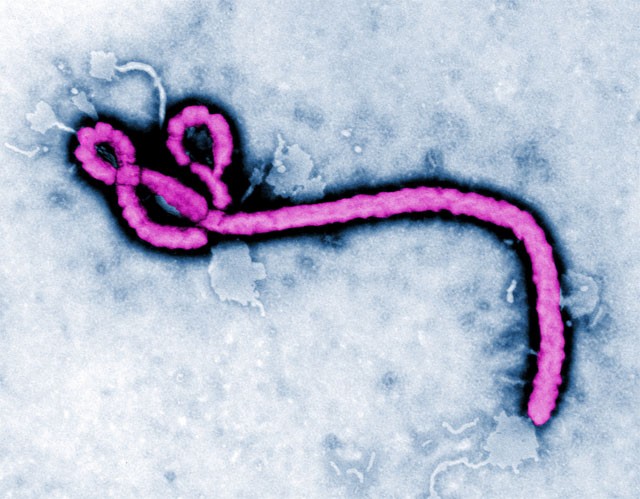US pharmaceutical giant Johnson & Johnson (JNJ) recently announced that the US Food and Drug Administration (FDA) has granted the company the Idylla EBOV Test Emergency Use Authorization (EUA). The Emergency Use Authorization (EUA) for Pharmaceutical Products refers to the use of unapproved pharmaceutical products by the FDA under actual or potential emergency conditions and the unauthorized use of approved products. Idylla EBOV Test is a diagnostic kit for the detection of the presence of Ebola Zaire virus in patients with signs and symptoms of Ebola virus infection. The kit was developed jointly by Johnson & Johnson's Janssen Diagnostics and Biocartis NV. Since its discovery 40 years ago, the Ebola outbreak in West Africa in 2014 was the largest Ebola outbreak to date, and the outbreak caused more than 11,000 deaths and affected many countries in West Africa. The outbreak has once again highlighted the clear need to improve the monitoring and management of infectious diseases. At present, there is an urgent need to carry out more preparations for the Ebola virus outbreak, because some experts predict that in the future, sporadic Ebola outbreaks will continue to occur. The Idylla Ebola EBOV Test is a real-time reverse transcription polymerase chain reaction (rRT-PCR) assay that combines epidemiological risk factors with signs of infection with Ebola and Quantitative detection of RNA from Ebola Zaire virus (detected at the outbreak of the West African outbreak in 2014) in EDTA anticoagulated venous whole blood in patients with symptoms. This is a highly standardized, automated kit that requires no cold chain storage, results in 100 minutes of testing, and accurate interpretation of data with minimal training. Johnson & Johnson said that it is very pleased that the FDA has granted the Idylla EBOV Test Emergency Use Authorization (EUA), which will mobilize all resources and expertise to help prevent the next Ebola outbreak. Ebola is the culprit causing Ebola hemorrhagic fever (EHF), an acute viral hemorrhagic infection with symptoms including fever, headache, joint and muscle pain, fatigue, diarrhea, vomiting Stomach pain, loss of appetite and abnormal bleeding. These symptoms can occur within 2-21 days after viral infection, but are most common in 8-10 days. The Ebola virus is not a water-borne or food-borne disease and is not transmitted by the air, which is transmitted by direct contact with the body fluids of infected persons or utensils (such as needles) that have been contaminated with viruses. Torque Hinges,Constant Torque Hinge,Adjustable Torque Hinge,Torque Door Hinges Ningbo Hengchieh Locking Technology Co., Ltd. , https://www.hengchieh.com